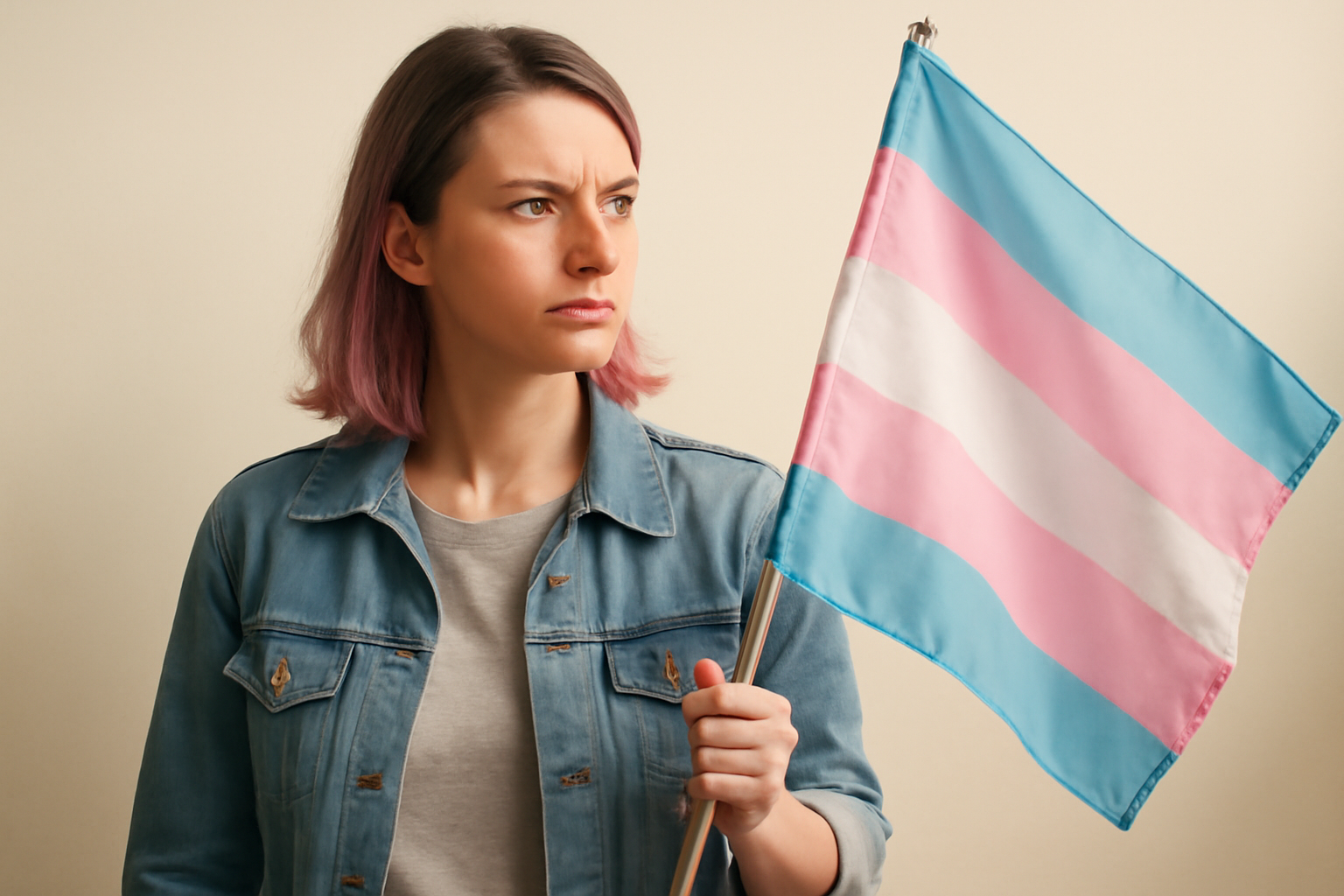
The Threat to Trans Healthcare Protections
The recent actions of the U.S. Department of Health and Human Services (HHS) have sparked significant concern within the LGBTQ+ community and among allies. A proposed rule aims to remove gender-affirming treatment from the essential healthcare benefits covered by insurance plans under the Affordable Care Act (ACA). This change threatens to strip away crucial protections that ensure access to necessary medical care for transgender individuals.
The proposal, issued by the HHS and the Office for Civil Rights (OCR), seeks to rescind the "HHS Notice and Guidance on Gender Affirming Care, Civil Rights, and Patient Privacy." This guidance, originally put in place by the Biden administration in 2022, provided civil rights protections and upheld patient privacy laws for those receiving gender-affirming care.
The impact of this proposed change cannot be overstated. It aims to revoke protections under Section 1557 of the ACA, which prohibits discrimination based on sex, including gender identity, in federally funded health programs. Additionally, it threatens to undermine Section 504 of the Rehabilitation Act and the Americans with Disabilities Act (ADA), which recognize gender dysphoria as a disability, thus preventing unlawful discrimination. The proposed changes also challenge the Health Insurance Portability and Accountability Act of 1996 (HIPAA), which safeguards patient information privacy.
Public comments on these proposed changes are open until April 11. It is crucial for concerned citizens to voice their opposition during this period. The impact of revoking these protections would be profound, affecting over 200,000 transgender individuals across the country who depend on the ACA for affordable healthcare. Many of these individuals already face financial challenges, with studies indicating that nearly 30% of transgender adults live in poverty.
History of Legal Challenges and Resistance
The proposed revocations are part of a broader strategy stemming from executive orders issued during the Trump administration. One such order, EO 14187, sought to terminate federal grants to hospitals providing gender transition treatments to individuals under 19. Another, EO 14168, aimed to cease federal recognition and protection of transgender individuals.
These moves have been met with legal challenges and resistance at both state and federal levels. Democratic officials and advocacy groups have highlighted the unconstitutional nature of these orders and have taken legal action to prevent their enforcement. Notably, a federal judge has already blocked the nationwide enforcement of EO 14187.
Despite these setbacks, the current administration appears determined to advance its agenda, seeking alternative methods to bypass judicial rulings that have declared certain actions unconstitutional and illegal. This ongoing battle highlights the importance of continued vigilance and advocacy to protect the rights of transgender individuals.
The Role of Public Engagement
As the proposed changes undergo the federal rulemaking process, public engagement becomes a critical component. The Administrative Procedure Act requires that the proposal be open for public comment, providing an opportunity for individuals and organizations to express their opposition. As of now, the proposal has garnered nearly 4,500 public comments.
Civil rights advocacy groups, medical organizations, and states with trans-inclusive policies are likely to mount significant challenges against these proposals. Their efforts, combined with public pressure, could influence the outcome of this rulemaking process.
Recent developments highlight the potential for positive change. For instance, a three-judge panel recently lifted Ohio's ban on gender-affirming care for minors. This decision was influenced by a 2011 interpretation of a state amendment opposing the ACA, which protects healthcare coverage that includes gender-affirming care. Such victories underscore the importance of legal advocacy and public support in defending transgender rights.
How You Can Make a Difference
For those looking to take action, there are several steps you can take to support transgender healthcare rights:
- Submit a public comment opposing the proposed rule change before the April 11 deadline. Your voice matters, and each comment contributes to the collective opposition.
- Engage with advocacy groups and organizations dedicated to protecting LGBTQ+ rights. These groups often provide resources and guidance for effective activism.
- Spread awareness about the proposed changes through social media and community networks. Sharing information can mobilize others to take action.
- Contact your elected representatives to express your concerns and urge them to oppose any measures that undermine transgender healthcare protections.
- Stay informed about ongoing legal battles and support efforts that aim to challenge and overturn discriminatory policies.
By working together and remaining vigilant, we can ensure that transgender individuals continue to receive the healthcare they deserve, free from discrimination and barriers.
Related Posts
Trump Inaugurated as 47th President Amid Concerns for LGBTQ+ Community
Donald Trump has been sworn in as President once again, marking his second term as America's 47th leader. This significant event in U.S. politics promises profound impacts, especially concerning LGBTQ+ rights. Taking office: promises and challenges Amidst a harsh winter storm, Trump took his oath indoors at U.S. Capitol on January 20. Alongside him, Vice-President JD Vance also stepped up, both [...]
Daniel Craig's "Queer" Overlooked by BAFTA: A Surprising Omission
Daniel Craig's film, Queer, snubbed by BAFTAs despite rave reviews In a surprising twist, Daniel Craig's newest film, *Queer*, failed completely on BAFTA's nomination list this year. It's a head-scratcher, considering how critics have sung its praises and Craig delivered such a standout performance. Yet, not a single nod from BAFTA. Go figure. fans and critics baffled by BAFTA snub The exclusio [...]
Generations of LGBTQ+ Athletes: From Past Challenges to Modern Triumphs
In a captivating display that brought together voices across generations, two gay athletes from different times came together on a TV show, sharing their journeys and thoughts on LGBTQ+ representation in sports. This insightful program shed light on how inclusivity and acceptance in athletics have evolved over time. Connecting past and present: The stories behind Andrew Purchas and Davis Atkin L [...]